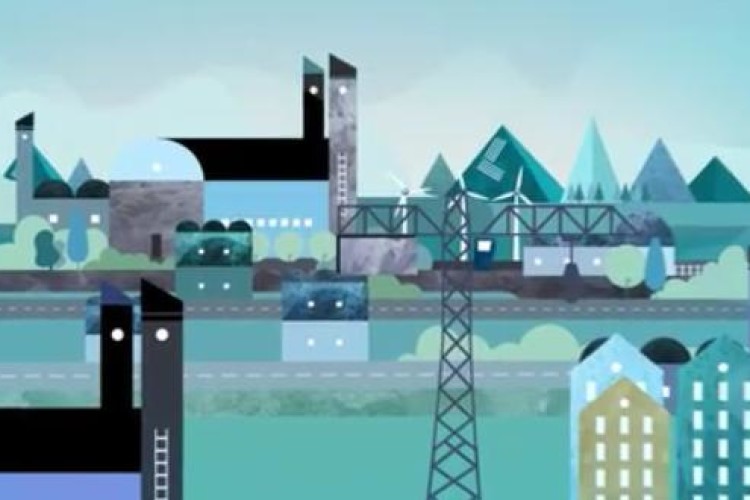SSAB, LKAB and Vattenfall have confirmed that they will go ahead and build pilot plant in northern Sweden following the results of a pre-feasibility study, which gives the green light for the Hybrit fossil-free steel initiative.
The initiative could reduce Sweden’s total carbon dioxide emissions by 10% and those in Finland by 7%, said the team. The reduction in Sweden has been described as being crucial if Sweden is to be able to meet the goals of the Paris Agreement.
“It is with great pleasure that we can announce today that we are giving the green light to the initiative to proceed with the planning and designing of a pilot plant for fossil-free steel in Luleå and the iron ore deposits in Norrbotten,” said Hybrit CEO Mårten Görnerup. “We hope to be able to break the ground already before the summer. This spring we’ll also start investigating the possibilities of broadening the project to include Finland. We are also very pleased that the Energy Agency wants to support us in this project.”
The planning and designing of the pilot plant will be initiated this spring. The cost is estimated to be SEK20m (£1.8m) and it was recently confirmed that the Swedish Energy Agency will finance half of this, while the other half will be covered by SSAB, LKAB and Vattenfall.

The initiative was announced in June 2017 (link opens in new tab).
The aim is to have a totally fossil-free process for steel production by 2035. The pre-feasibility study includes calculations and the potential to be able to commercialize fossil-free steel in due course. With declining prices in electricity from fossil-free sources and increasing costs for carbon dioxide emissions through the European Union Emissions Trading System (ETS), the pre-feasibility study considers that fossil-free steel will in future be able to compete in the market with traditional steel. The study concludes that, at today’s prices, fossil-free steel would be 20% to 30% more expensive.
Global demand for steel is expected to increase as the world’s population grows and urbanization increases. If a new process cannot be found for ore-based steel production, carbon dioxide emissions from the steel industry will increase by up to 25% by 2050, according to the Hybrit team. Coal and coke, which are shipped to Sweden from places including Australia, are currently used to reduce iron ore into iron. The idea behind Hybrit is to use hydrogen, which has been produced with electricity from fossil-free Swedish sources. The emissions would then be simply water.
Sweden and Finland have the opportunity to drive an initiative for fossil-free steel, thanks to good access to climate-smart and fossil-free electrical power, Europe’s highest-quality iron ore and a specialised steel industry.
Got a story? Email news@theconstructionindex.co.uk



